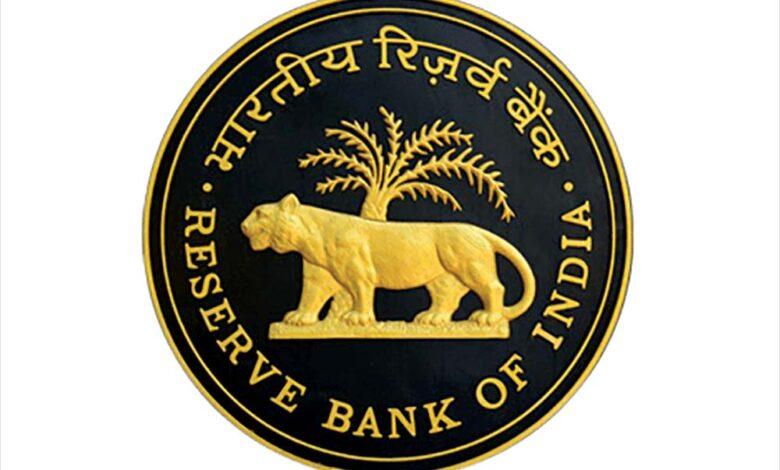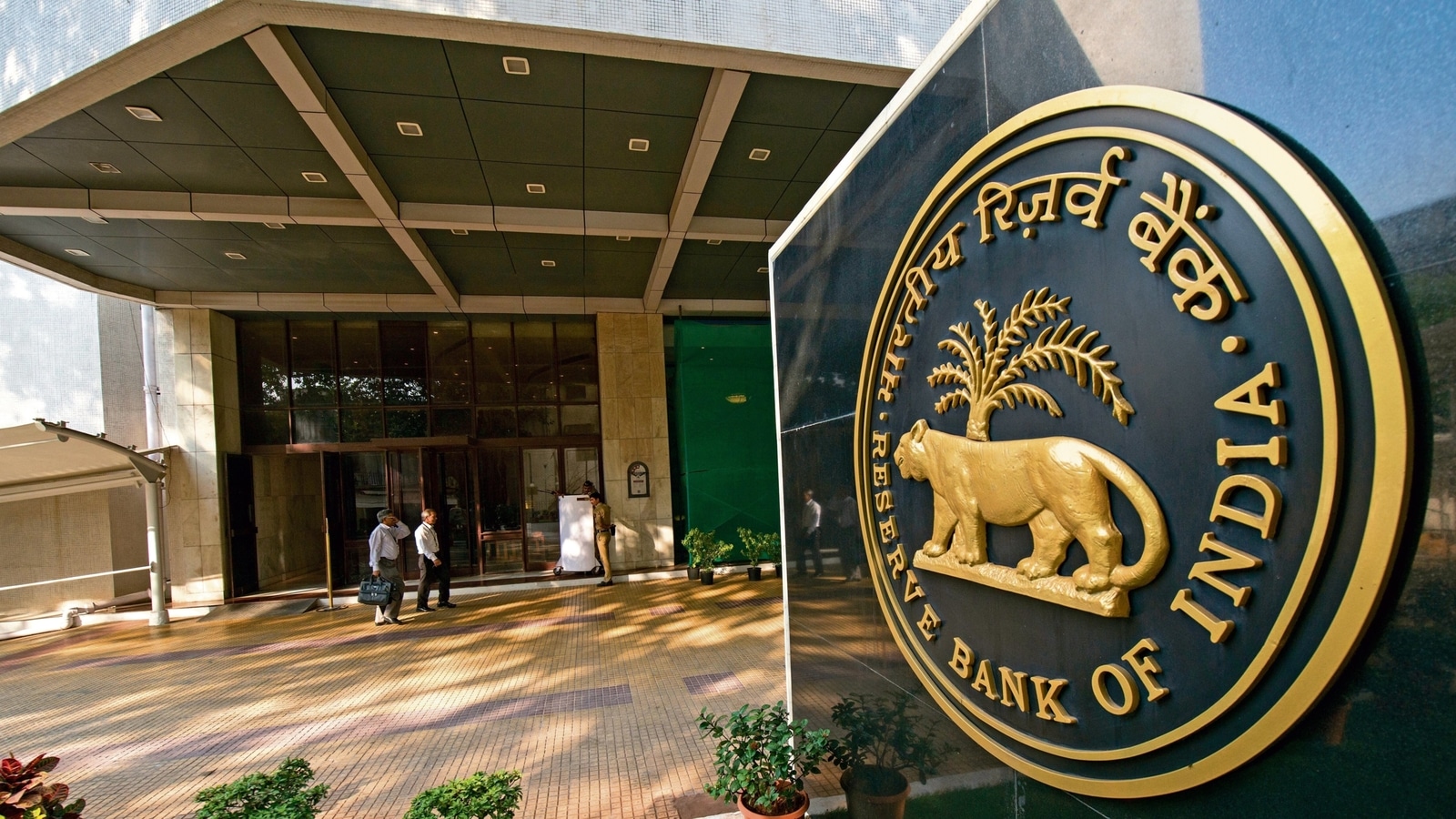

The Reserve Bank of India (RBI) has issued a series of cautionary measures directed at Non-Banking Financial Companies (NBFCs) and small finance banks, emphasizing prudence in lending practices. Notably, the RBI has raised risk weights on unsecured consumer loans and credit cards, requiring lenders to bolster reserve funds, potentially increasing the cost of these loans. Expressing concerns over escalating unsecured lending and delinquencies, the central bank has mandated entities under its purview to reassess sectoral exposure limits for consumer credit.
Furthermore, the RBI has urged banks to diversify their lending to NBFCs across various sectors and entities, aiming to mitigate risk concentration. These initiatives arrive amidst a surge in non-performing assets within the NBFC sector, highlighting the RBI’s apprehension about risk consolidation, particularly with a few major NBFCs accounting for a significant share of overall lending.
The RBI’s recent directives seek to enforce sound lending practices and bolster capital reserves for NBFCs and small finance banks. The central bank aims to ensure sustainable growth within the NBFC sector, safeguarding the financial system against potential systemic risks.
Additionally, the RBI has mandated NBFCs and small finance banks to:
- Implement a robust credit risk assessment framework
- Establish transparent loan appraisal procedures
- Vigilantly monitor loan portfolios
- Promptly address delinquencies through corrective actions
The impact of these stringent guidelines is expected to be substantial within the NBFC sector. Entities must review their lending protocols to align with the new directives, potentially resulting in a temporary slowdown in sectoral growth. However, the long-term outlook indicates that adherence to the RBI’s guidelines will foster a more sustainable and prudent trajectory for the NBFC sector, ensuring healthier growth prospects.

